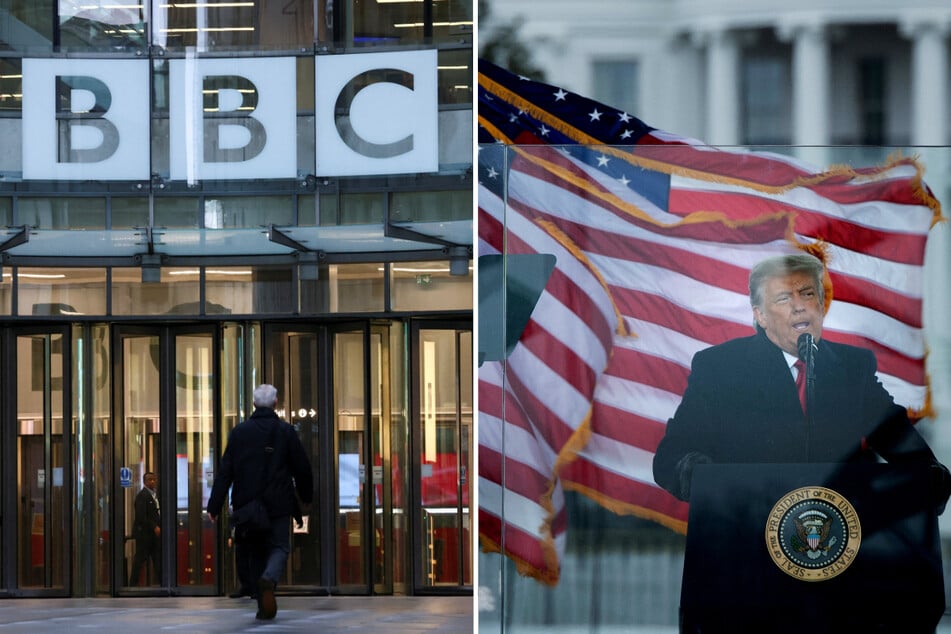
The BBC has formally apologized to President Donald Trump over a misleading edit of his January 6, 2021, speech, acknowledging that its broadcast created a false impression about his words on the day of the Capitol attack. The apology comes amid intense scrutiny over the editorial decision and ongoing legal threats from Trump’s team.
The controversy centers on a BBC Panorama documentary, “Trump: A Second Chance?”, which spliced together different segments of Trump’s speech to make it appear as though he made a continuous call for violence. In reality, the edited portions were nearly an hour apart. BBC Chair Samir Shah wrote to the White House, admitting that the edit “unintentionally created the impression that we were showing a single continuous section of the speech… and that this gave the mistaken impression that President Trump had made a direct call for violent action.”
While the BBC has expressed regret for the error, it has made clear that it will not pay damages, arguing that there is no valid basis for a defamation claim. Trump’s legal team, however, had demanded an apology, a retraction of the documentary, and $1 billion in damages, citing reputational and financial harm resulting from the misleading broadcast.
The fallout at the BBC has been substantial. Senior executives, including Director-General Tim Davie and News Chief Deborah Turness, resigned following the controversy, highlighting the seriousness of the editorial lapse. Media analysts have noted that this incident raises broader questions about the BBC’s editorial oversight, the standards of accuracy expected from publicly funded broadcasters, and the potential political consequences of misrepresenting a public figure’s statements.
For Trump, the apology represents a partial victory in his ongoing efforts to challenge how media outlets have portrayed him, particularly regarding the events of January 6. While the legal hurdles to pursuing a defamation case in the UK are significant, Trump has indicated that he feels an obligation to pursue justice and protect his reputation.
The incident also underscores the power of editing in shaping public perception. Even small changes in context or sequencing can dramatically alter how a speech is interpreted, with potential political and historical ramifications. Experts argue that while the BBC’s apology is an important acknowledgment, it may not fully repair the reputational impact of the original broadcast, which had already reached millions of viewers worldwide.
Looking ahead, attention will focus on whether Trump moves forward with legal action, how the BBC implements stricter editorial review processes, and the broader implications for journalism standards in covering politically sensitive events. The case also serves as a reminder of the delicate balance media organizations must strike between compelling storytelling and faithful representation of public figures’ statements.
While the apology resolves the immediate issue of the misleading edit, the episode is likely to remain a key reference point in debates over media accountability, editorial integrity, and the complex interplay between journalism and politics.
Watch video below :












